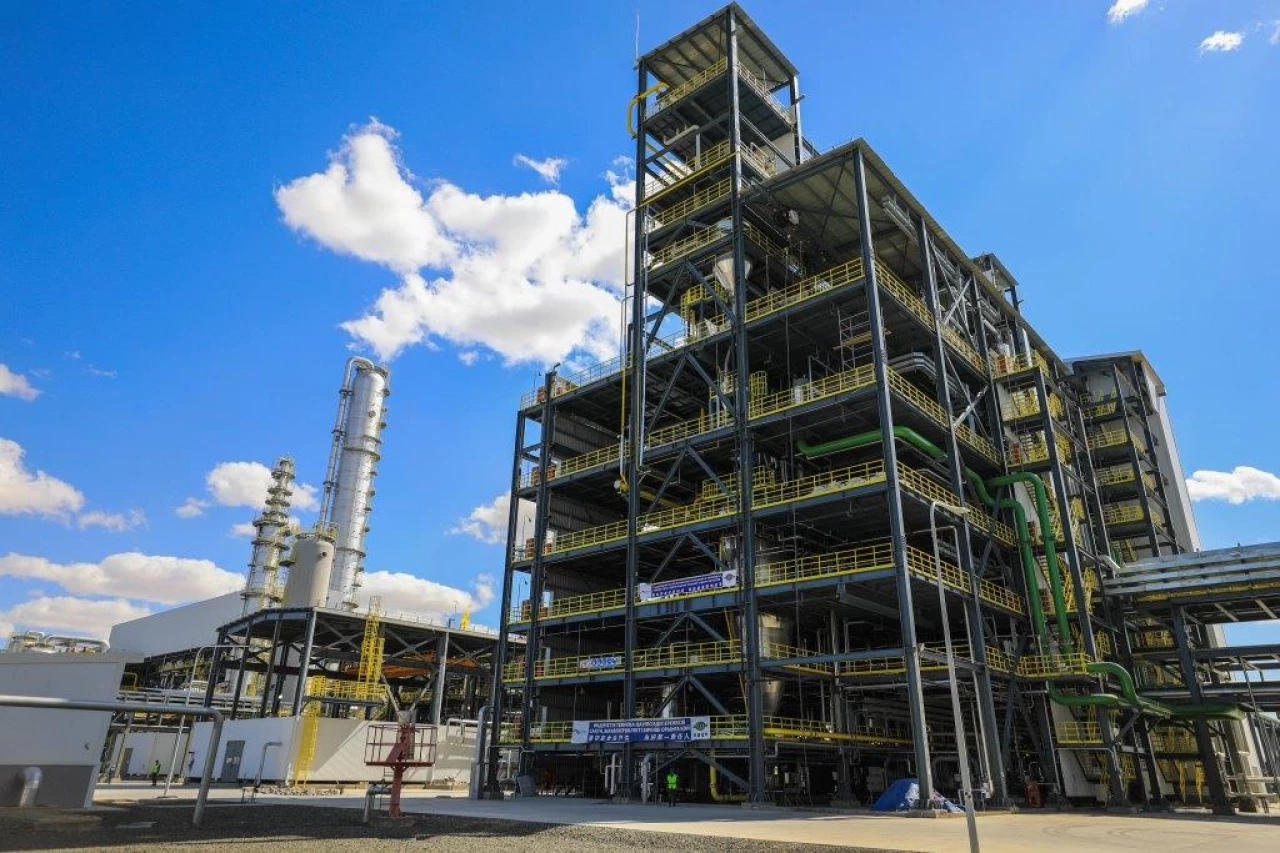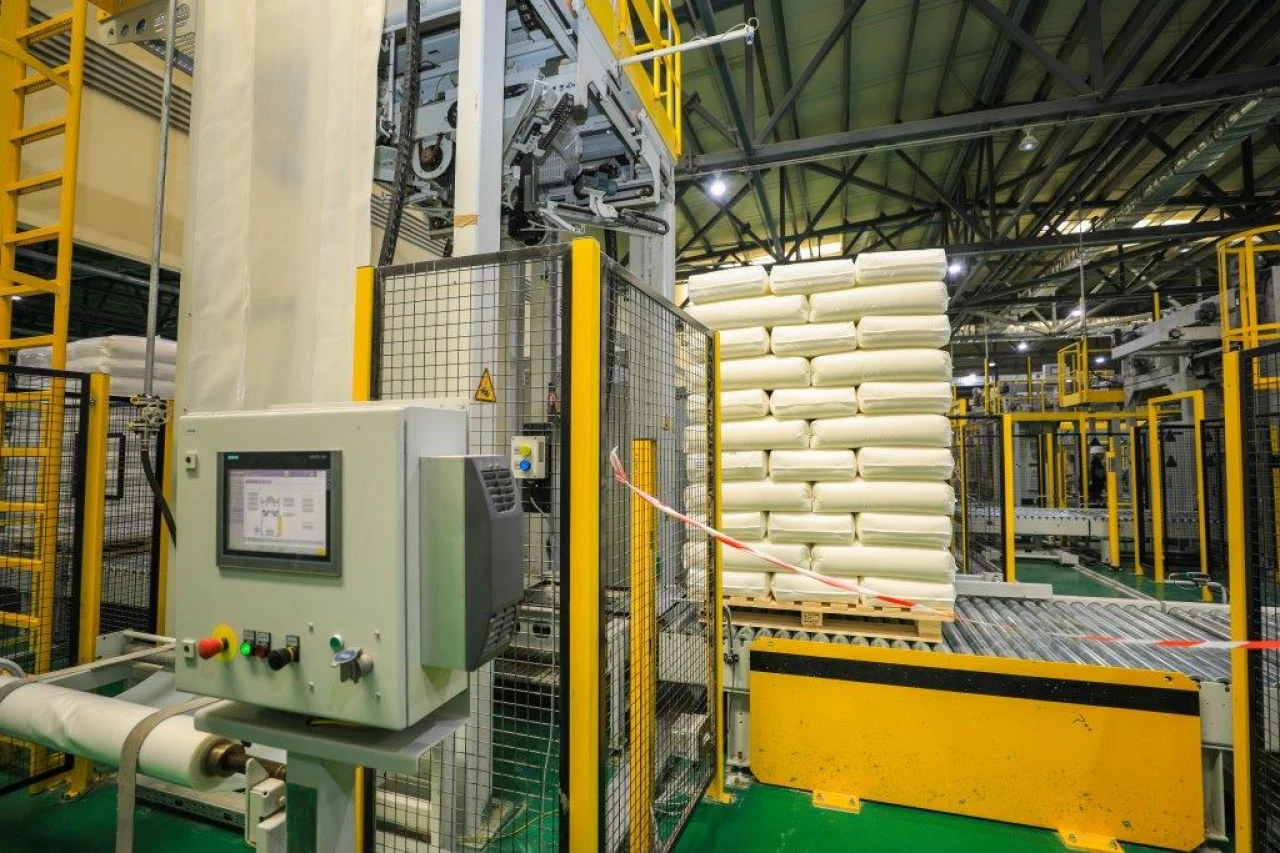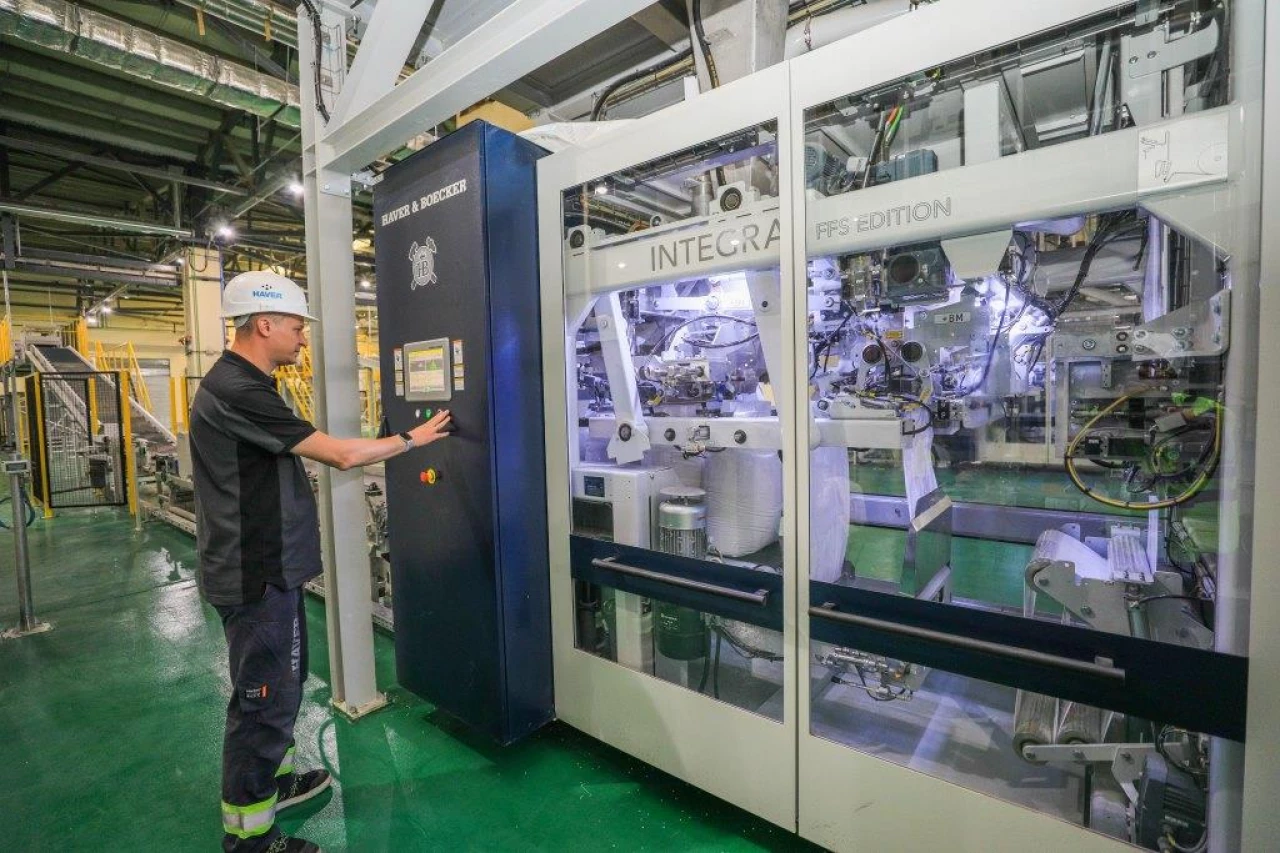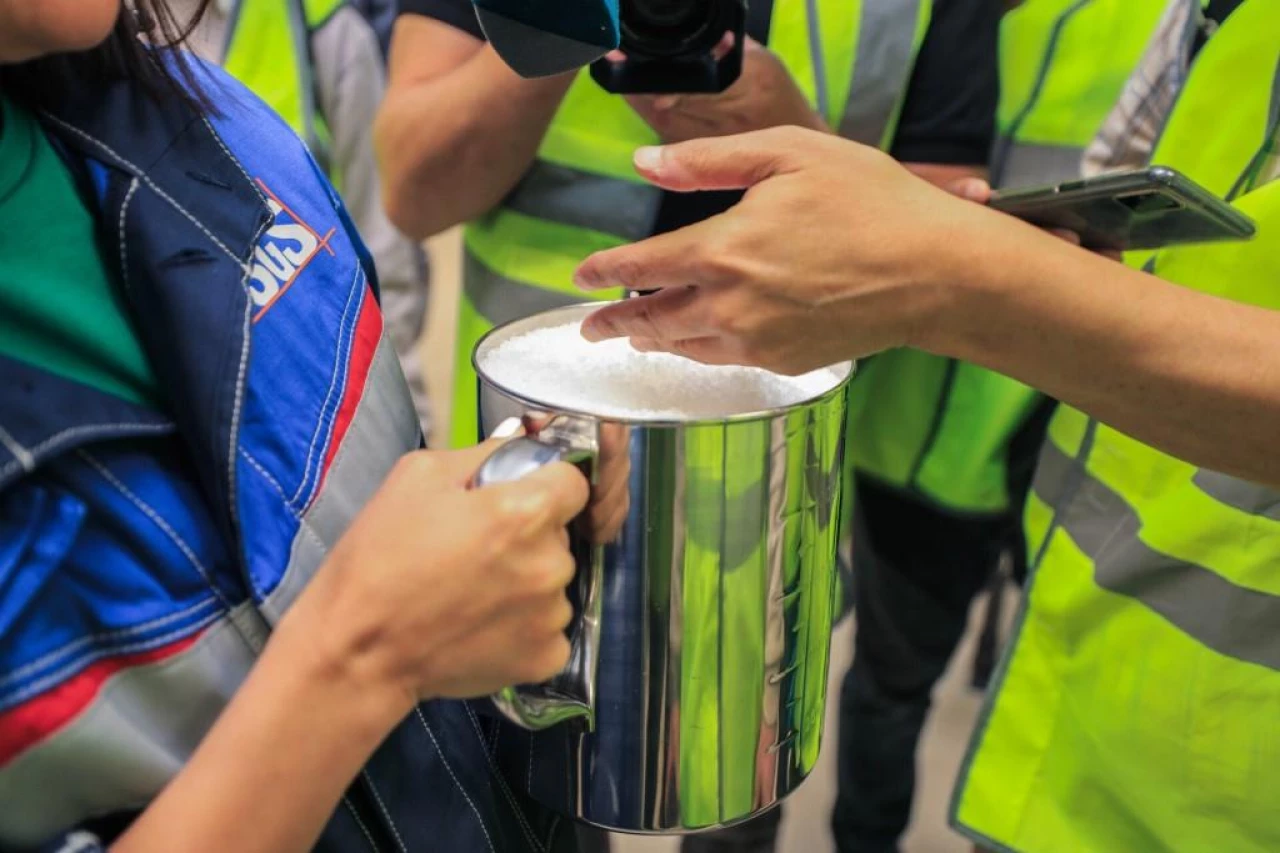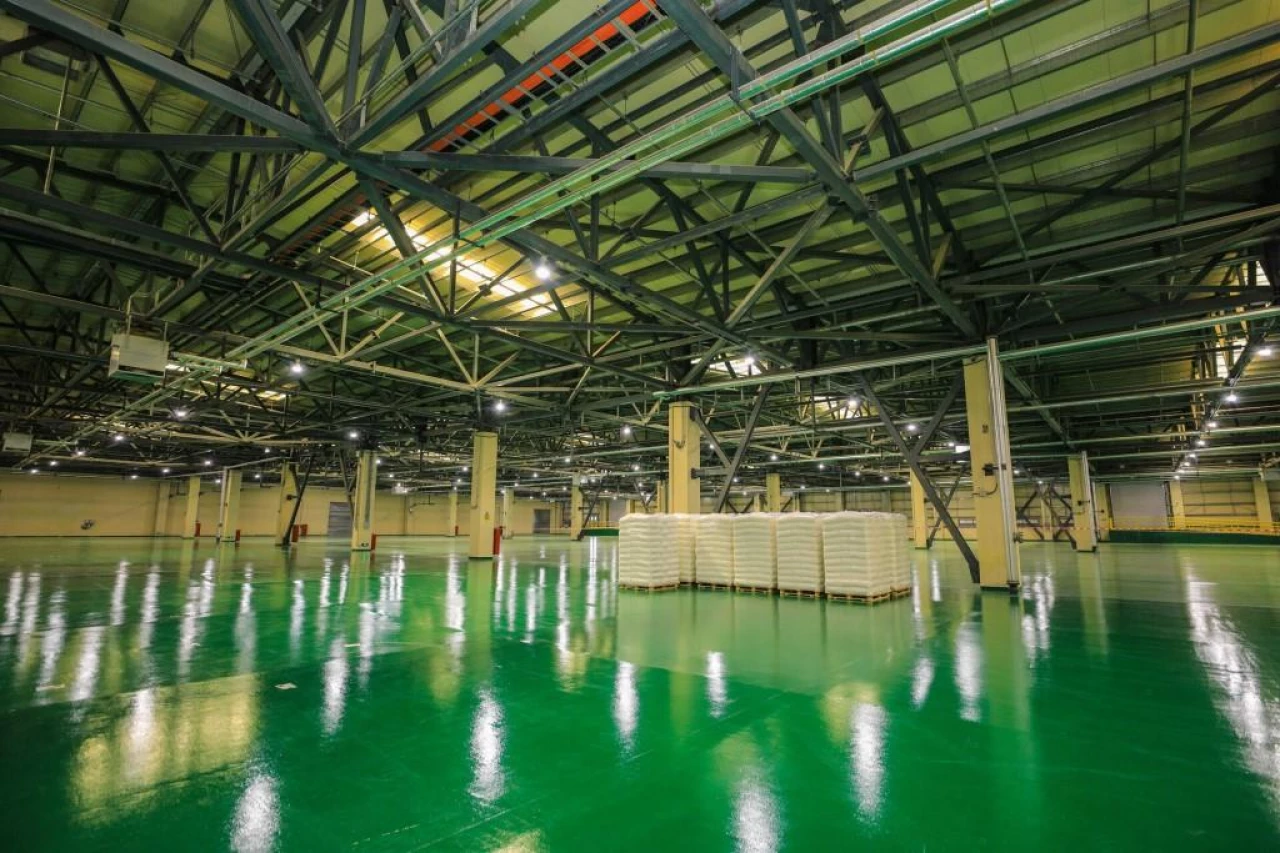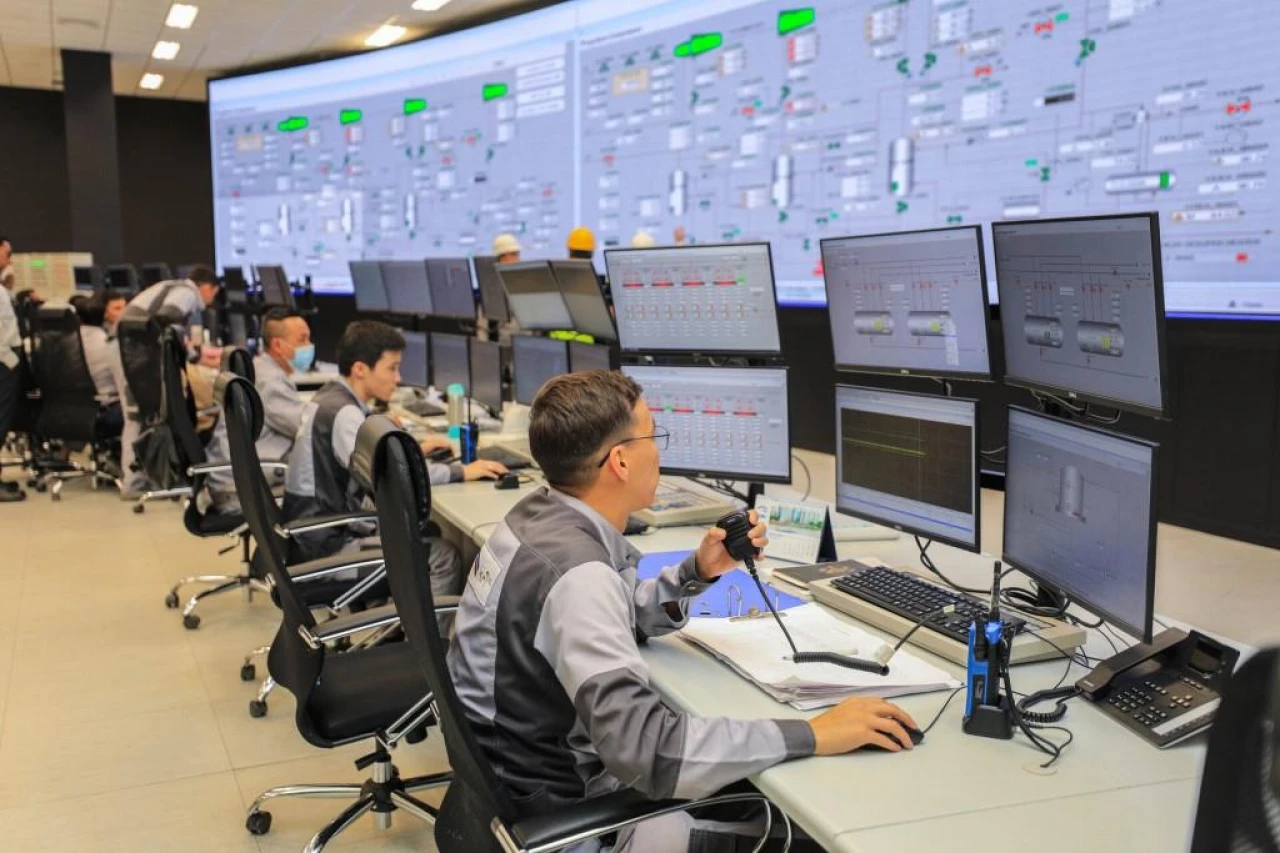Gas Chemical Cluster to Accelerate Kazakhstan's Economic Progress
09.11.2022
The plant operated by Kazakhstan Petrochemical Industries Inc LLP (KPI) in Atyrau, a subsidiary of JSC NC “KazMunayGas” (KMG), was launched on 8 November with the participation of RoK President Kassym-Jomart Tokayev and is becoming one of the major players in the global polypropylene production market.
In his speech at the plant launch ceremony, Magzum Mirzagaliyev, Chairman of KMG's Management Board, noted the strategic importance of the Gas Chemical Complex for Kazakhstan’s economy as a whole.
“The project is aimed at diversifying Kazakhstan's economy and moving away from the export focused on raw materials, which is directly affected by the petrochemical industry. The Gas Chemical Cluster currently created here and the range of basic polymer raw materials to be produced not only helps to eliminate the existing dependence on import, but also serves as an actual driver for the development of domestic business further down the end product chain,” said the Head of KMG.
KPI, which specialises in processing propane from the Tengiz Field, is designed to synthesise 500,000 tonnes of high-quality polypropylene (up to 64 grades) per year.
“By producing around 1 % of the world's polypropylene output, our plant will fully cover the domestic demand for polypropylene in Kazakhstan and give an impetus for the further development of polypropylene product manufacturers in various sectors of the national economy,” Daniyar Tiyessov, Chairman of KPI Inc’s Management Board, also confirmed in his speech.
The Head of KPI noted that polypropylene is a basic raw material not only for mechanical engineering, medicine and electrical engineering, but also for the production of packaging materials, containers, fibres, pipes, office equipment, garden and office furniture, as well as construction, textile and food processing industries.
The plant will initially produce 11 most popular polypropylene grades. This range will meet the requirements of both Kazakhstan processors and those operating at export markets. The product quality is verified by SGS, an internationally renowned Swiss company, which already operates its laboratory at the plant site.
The complex is extremely environmentally friendly and meets the strictest environmental safety standards. The propane fed to the plant from Tengiz is already free of harmful substances. In addition, KPI has a closed water supply cycle, and no harmful by-products are generated by the propane dehydrogenation reaction.
Propane dehydrogenation using a chromium-aluminium catalyst is based on the Catofin technology, while further polymerisation of the resulting propylene into polypropylene is based on the Novolen technology. Both processes were developed by Lummus Technology (USA) and are used in reactors manufactured by Wooyang HC (South Korea). One reactor alone (and there are eight of them!) is 15 meters long, 6 metres in diameter and weighs 145 tonnes.
China National Chemical Engineering Co. is the general contractor under this project. Forty-three Kazakhstan companies participated in the plant construction (with over 4,000 jobs created), and the project itself was implemented using the most advanced technologies, with 77 per cent of the equipment supplied by companies from Europe, USA, South Korea and Japan. These are world-leading companies in various industries and include Siemens, SGS, MAN, Mitsubishi, ABB, Zeeco and others.
